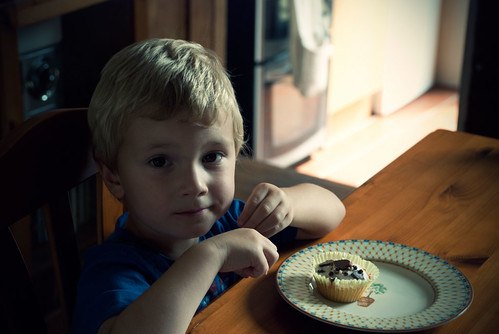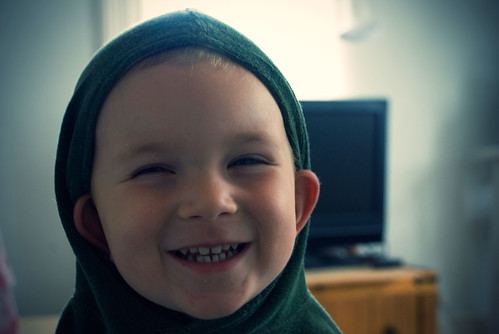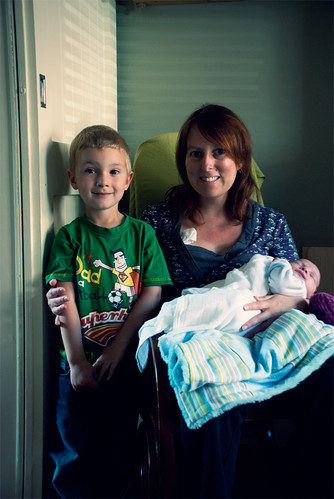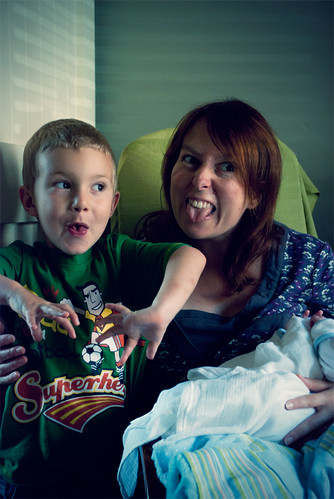In my post the other week, I wondered why publishers don’t set up their own distribution systems for ebooks to compete with Amazon and cut out the middle man. Yesterday, over a pie and a pint with @t0mbale, I got to talking about the same subject, and about Steam. So why should he be the only one to be bored with my ramblings?
Steam, for those who don’t know, is a digital sales and distribution platform run by game publisher Valve (creators of Half-Life et al.). When it launched it’s safe to say it was a total bag of shit, but they’ve improved it greatly down the years. They have the website version, and an application on Windows and Mac (which effectively runs as a sort of browser window with game-launching tied into it; you can’t run your Steam-bought games without running the Steam app itself). It started out as a way for Valve to release updates and mods to its games, but after launch they did deals with other publishers to sell some of their games through the Steam store. Now it accounts for between 50 and 70 percent of all PC games sales (maybe; Valve don’t release sales figures, so it depends on who you believe).
It has cloud achievement/status syncing, keeps records of which games you’ve bought so you can redownload them on a new computer wherever and whenever, and has a pretty thriving community and social system baked into it. (And various other things - and other issues - that don’t relate to what I’m talking about with ref to books here.)
Earlier this year, as I recall, EA, one of the world’s biggest games publishers, pulled its games from Steam (to considerable outcry from users) and announced that its next big releases would be distributed instead through its own ‘Origin’ digital store/application.
Basically, they’d seen how Valve were raking it in as middleman and decided that they had the clout to do things the same way but without paying a percentage. Gamers bitched about needing another account and application to run games, but Modern Warfare 3 will still sell a bazillion units.
So, let’s talk about books. We have three primary global digital distributors, all of whom play middle-man. They are Amazon (the 800lb gorilla), Google Books (the underfed colobus monkey) and iBooks (the tiny rhesus macaque). (B&N is the US-only Colorado spider monkey*, but since I’m not American I’m going to steer clear of them here.) All of these services - I admit I don’t know for certain what the deal with GBooks is, but I’d be surprised if it wasn’t the same - take a percentage in return for selling books - unless you’re a publisher which hasn’t arranged an agency contract with Amazon, in which case, uh, sorry; tough shit.
Amazon has realised that it can help itself to a bigger slice of the pie by doing away with what it sees as another middle man and becoming a publisher in its own right, both through KDP and its newly-launched imprints. They’re by far the biggest distributor, and their aggressive price-shafting of publishers would suggest they’d rather publishing houses became rump editing services and no more. (Valve, back to our analogous cousin in the game publishing industry, already produced its own stuff and hasn’t shown any interest in putting other people out of business.) Google and Apple haven’t, to my knowledge, show any signs of doing that; they’d like their percentage cut, and to sit back and rake it in.
Now, publishers have, for a long time, sold their own books and ebooks through their own websites. However, no one reading a book has, in the main, any clue or interest in what imprint produces it. And no one looking to buy a book is going to go first to, say, the Penguin website to find it. Their first stop will be Amazon, or B&N if they’re a spider monkey fan, or maybe the Book Depository if they’re after hardcopy. Or else they’ll fire up their Kindle app on their phone and browse and buy direct.
A publisher is not a consumer brand, in exactly the same way, back when, that Valve wasn’t a brand for games, and even EA realised it needed a separate store brand name.
So why hasn’t one of the big publishers decided to take the plunge and launch a Steam-like store service (either for just its own books, or open to third parties), with cross-platform apps - which should be easy enough to write, given that they’re primarily database handling - with the same syncing as Kindle and Google Books and whatever, maybe even the Goodreads-like in-app social side, and offer a higher cut, say 85%, to third parties (if it was open to them; if they went Origin rather than Steam they’d get 100% because it’d just be their own) than Amazon, and push it to consumers?
For starters, they’d face a huge commercial risk to start with, because to make such a service a success, they’d have to pull those digital books offered in the store from Amazon (at very least). They’d have to treat it rather like the launch of a new imprint with a bunch of titles by big-selling authors, apps and digital infrastructure that worked properly to start, then market them heavily to consumers. Make sure they start with a bang and rely on future sales and their much bigger percentage income to make back that advertising spend. This, in an industry where many big publishers didn’t even have useful websites a few years ago, would be a massive, and let’s be honest, unlikely leap.
They would also need to be sure they could offer hardcopy versions for shipment via the same app - quite possible, since in the past many publishers have run their own web store either on their own or in partnership with wholesalers or retailers (not least, in the past, with Amazon) - perhaps even with a system similar to Gardners’ Hive (which effectively wholesales books through local indie bookstores), because the moment anyone pulled an EA on Amazon’s network, or even threatened to, from past behaviour I would imagine that Amazon would delist that publisher’s books, as they have with Hachette and SMP over commercial disagreements in the past.
It would be the ultimate game of chicken, but it’d also be the only way publishing will ever shake off the lingering threat of Amazon and properly get to grips with the ebook age themselves, to free themselves from having their income stream increasingly controlled by one entity.
(Unless, somehow, GBooks or iBooks start claiming a bigger share of the pie themselves, and that seems unlikely; unless iBooks becomes as cross-platform ubiquitous as iTunes (which it won’t; iTunes had the same march on everyone else in music that Kindle does now in books) or Google suddenly start spending ad money to push their service on Android, which they won’t - even Chrome has only recently started to see ad money thrown at it. We can forget about either of these services hitting Amazon, I think.)
(Unless unless a big publisher piggybacks GBooks, say, and offers Google exclusive books by major names, basically using them as the exclusive distributor I postulated earlier.)
Dave suggested that any publisher who did launch their own exclusive book service would open themselves up to monopoly or price-collusion investigations, but I don’t think that’s right. Valve haven’t, EA aren’t; as the producers of what they’re putting out, it’s up to them where and through whom they sell their stuff and which option seems to them to offer them the best commercial return.
It won’t happen - or else it’ll happen too late and too half-assed - and in ten years we’ll all be writing books in the Amazon-branded post-apocalyptic wasteland by the light of oil drums full of burning celebrity biographies. But it’d be nice to think it could.
* I’m making this one up.
Edit: The mighty Ed Champion conducted a similar thought experiment a couple of years ago, too.




